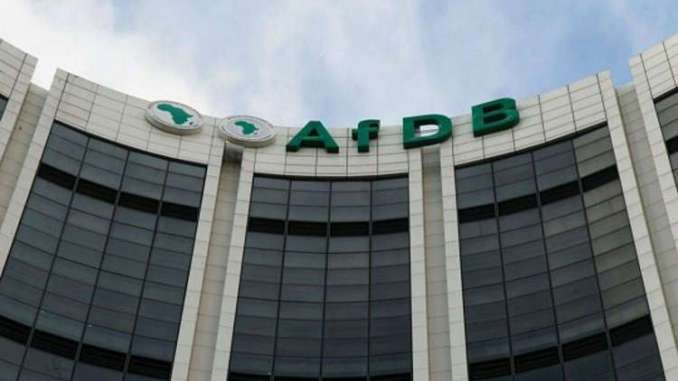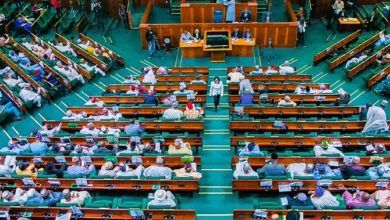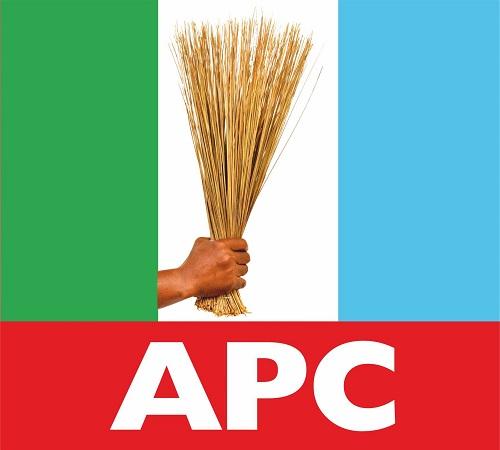
Africa requires over $74 billion in debt servicing this year, with this figure expected to rise significantly when hidden debts and contingent liabilities are factored in, according to the Vice President and Chief Economist of the African Development Bank Group (AfDB), Kevin Urama.
The statement was made during his opening remarks at the launch of the Debt Management Forum for Africa (DeMFA) and the Inaugural Policy Dialogue in Abuja on December 11, 2024.
Urama highlighted that African countries face increasing challenges in managing their debt due to high interest rates and limited access to affordable liquidity. He noted that the continent’s public debt has surged by 170% since 2010, driven by structural issues in the global debt architecture and recent global and domestic economic shocks.
The AfDB Chief Economist pointed out that liquidity needs for debt refinancing remain high, estimating an average requirement of about $10 billion per year from 2025 to 2033. He also emphasized that the continent’s debt structure is changing, with nearly half (49%) of Africa’s debt now privately owned, a figure expected to rise to 54% in 2024. This shift toward private creditors brings both opportunities and challenges, as African countries now face significantly higher interest costs when borrowing from international capital markets compared to multilateral development banks like the AfDB or the World Bank.
Urama also expressed concern about the long-term economic implications of using high-cost, short-term debt to finance long-term development projects. While Africa’s public debt-to-GDP ratio is stabilizing, the rising cost of debt service is diverting crucial resources away from infrastructure development, thereby stalling economic growth and transformation.
As part of his remarks, Urama pointed to a stark imbalance in access to emergency financing, with Africa receiving only a small portion of global financial assistance, such as the $33 billion allocated to the continent from the $650 billion in Special Drawing Rights (SDRs) issued by the IMF in 2021.
He also warned that African countries are losing over $1.6 billion daily in capital outflows due to factors like high-risk premiums, illicit financial flows, and corruption, which could total $587 billion annually—more than three times the continent’s total external financial inflows.
The event also featured contributions from Nigeria’s Finance Minister, Wale Edun, represented by Patience Oniha, the Director-General of Debt Management Office. Oniha underscored the significance of the DeMFA, which aims to address Africa’s growing debt challenges and improve access to affordable capital for development, stressing the need for new tools and innovative practices in debt management.
The AfDB has also launched the African Debt Managers Initiative Network to help strengthen the capacity of African debt managers and provide home-grown solutions to the continent’s debt challenges. This initiative aims to improve debt sustainability, restore macroeconomic stability, and promote inclusive growth across African nations.
In his closing remarks, Urama stressed the importance of tackling both public and private sector debt challenges as part of broader efforts to build economic resilience and support sustainable development in Africa. He noted that addressing these issues will be key to overcoming the continent’s debt vulnerabilities and ensuring long-term growth.





